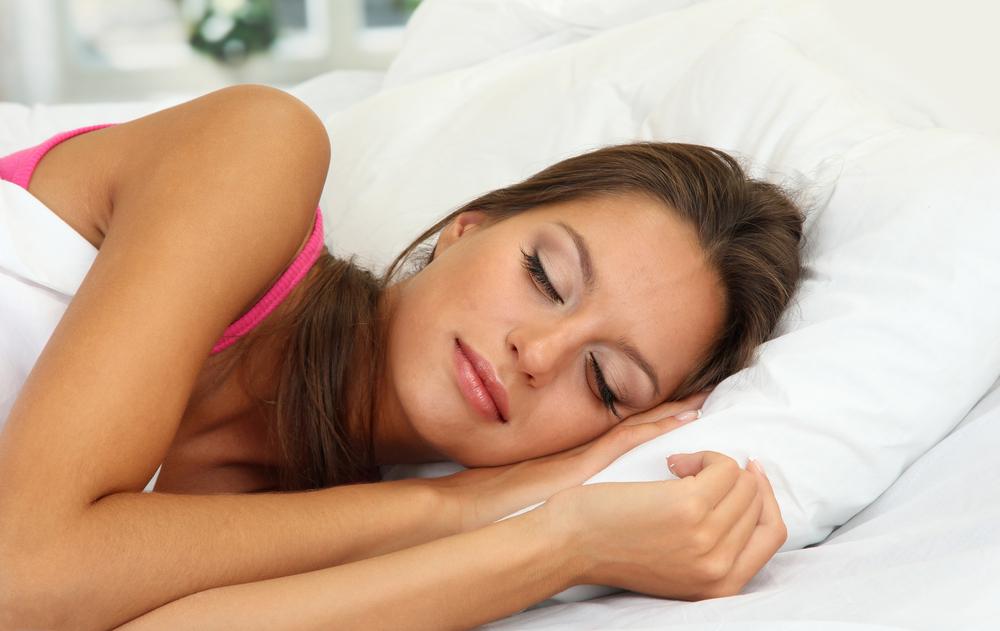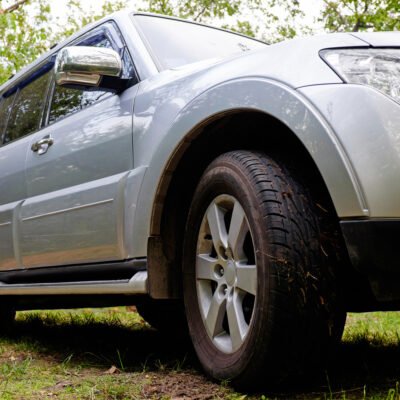
What are the Signs of Sleep Apnea
Sleep apnea and snoring are common health conditions that are experienced by adults as well as children. Sleep apnea is a disorder where one can experience an obstruction in breathing. The breathing stops and starts in intervals. Obstructive sleep apnea is a type of sleep apnea in which breathing can become very shallow or even stop for a brief period while sleeping. For some people, it happens very often during their sleep. Snoring is a symptom associated with sleep apnea. Sleep apnea may be one of the causes of snoring. Occasional snoring may not be a serious problem.
Snoring is caused due to an obstruction in the flow of air through the mouth and nose. There are many causes of snoring: obstructed nasal pathway due to sinus or common cold, bulky throat tissue, long soft palate, and poor muscle tone in the throat and tongue. Sleep apnea and snoring are both related to obstruction in the airways. But, not everyone who snores has sleep apnea.
1. Signs in adults
Common signs of sleep apnea in adults are:
- Fatigue or sleepiness during the day
- Due to disturbances in the night’s sleep due to sleep apnea, one may feel fatigued during the day.
- Dry mouth or sore throat
- People may have a dry mouth or a sore throat when they wake up due to sleep apnea.
- Observed episodes of stopped breathing during sleep.
- Headache when you wake up
- Depression and irritability
- Loss of sleep during the night may cause mood swings and irritability.
- Nighttime sweating
- High blood pressure
- Restlessness during night sleep
- Reduced libido
- Awakening suddenly with a choking or gasping feeling
- Loud snoring
- this is a very common sign of sleep apnea
2. Symptoms in children
The signs of sleep apnea in children may not be very obvious. Some common symptoms related to sleep apnea in children include:
- Choking or drooling
- Bedwetting
- Caving in of the rib cage while exhaling
- Learning disorders in school
- Behavioral issues
- Teeth gritting
- Restlessness
- Pausing or stoppage of breathing briefly
- Unusual sleeping positions
- Sluggishness
Although these symptoms may not always mean that the child or adult has sleep apnea, proper observation and timely medical evaluation can help in diagnosing the condition.
3. When to seek help
Sleep apnea and snoring can be a nuisance to your sleeping partner as well. If one or more of the following signs are observed by your partner, you must seek immediate medical help.
- Loud snoring that disturbs the sleep of others and yourself
- Intermittent waking up or gasping or choking
- Intermittent pausing of breathing
- Excessive drowsiness during the day
People who have sleep apnea tend to snore the loudest when sleeping on their backs. Sleep apnea and snoring are often ignored as they are not treated as serious conditions. However, if your sleep is interrupted by loud snoring and intermittent periods of silence or pausing of breathing – you need to consult a doctor immediately. Milder cases of sleep apnea and snoring may require lifestyle changes. For moderate to severe cases, therapy may be given to open up the obstructed airways.


